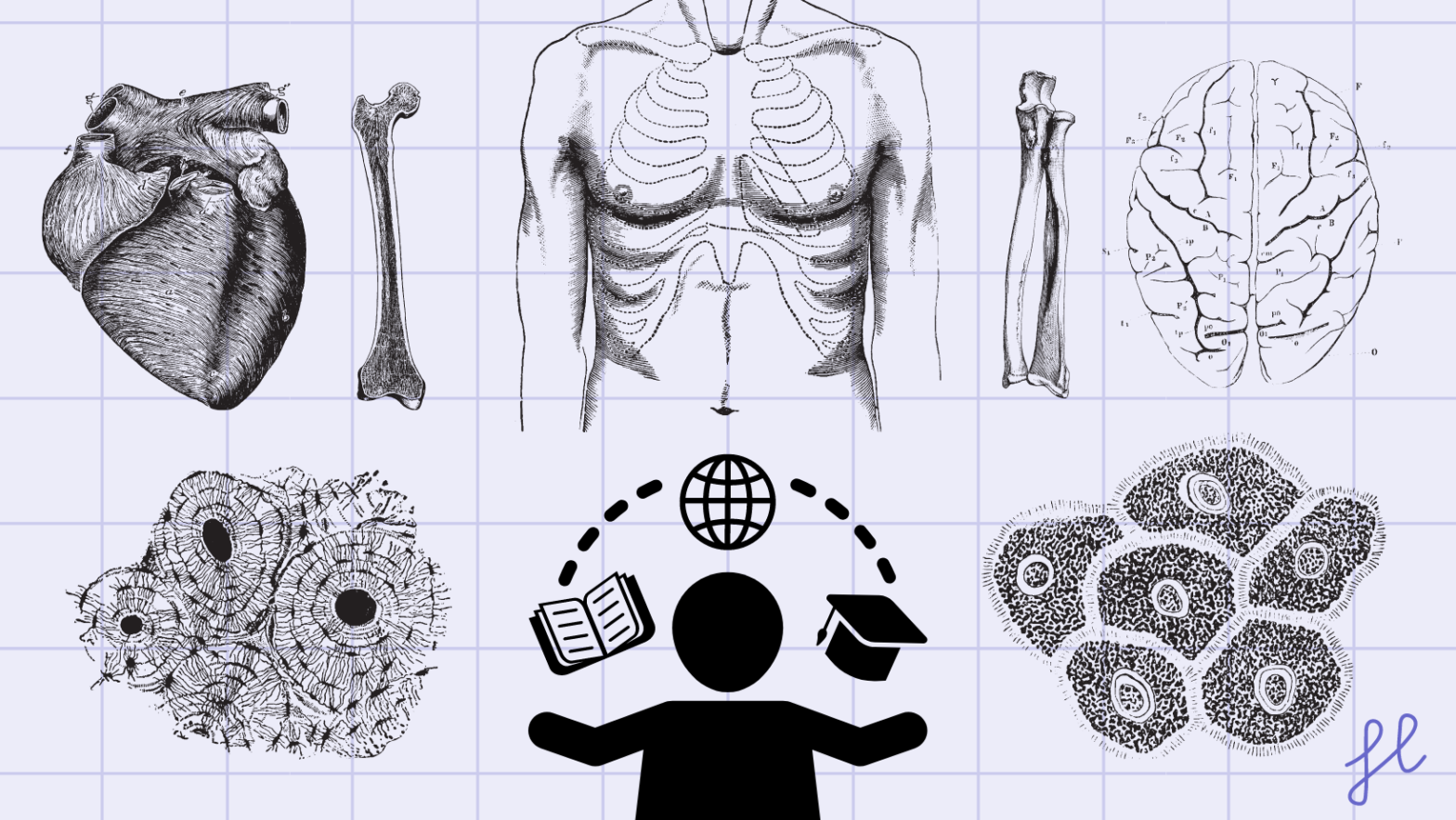The COVID-19 pandemic has changed how we live, work, and learn. For medical students, the coronavirus pandemic has created an environment, unlike anything we have experienced before. Even those who knew about epidemics in your classes never imagined that such a severe global public health crisis would occur during your studies.
The future of medical education will be a lot different from what we’re used to today. While some things will stay the same, others are bound to change in a big way. Here’s what you need to know about this new era of healthcare and how it will affect both doctors and patients:
The field of medicine has always been a competitive one. Still, now more than ever, more options are available for students who want to pursue their interest in becoming a physician.
While traditional four-year programs have proven successful over time, many people have already begun questioning whether they’re the best way forward. “There’s been an increasing interest among medical schools in offering some type of accelerated path,” says Dr. Richard Cohen, associate dean for admissions at George Washington University School of Medicine & Health Sciences (GWU).
Remote Learning Comes with Limitations
Remote learning comes with limitations. The most important of these limits is that you can’t see or hear the experience for yourself. This means that students who thrive on having a physical presence in their space will be left frustrated, as well as those who need tactile feedback from an instructor or mentor. It also means that medical instructors will have to consider how they can replicate the effect of face-to-face learning when teaching remotely.
The best way forward here is not just about finding new ways to teach remotely but also making sure our current methods are being optimized toward greater effectiveness at all times—which also includes taking advantage of technologies like video conferencing where appropriate (and not just because it’s what everyone else seems doing)
Healthcare Professionals Are Excluded from Society Due to Fears About Infection.
Now, imagine a world where healthcare professionals are excluded from society. They cannot go to school or work because they fear that they will infect others. A world where they are unable to access the supplies and equipment, they need to treat patients because they cannot afford them.
A lack of education has led to a lack of opportunity for many healthcare professionals in developing countries and this is one reason why some choose not to pursue it as a career option. However, as technology continues its rapid development, there are now more options available for those who want to improve their lives through education but cannot afford it or do not have access to proper facilities like computers or electricity at home.
Automation and AI will replace some jobs in the healthcare industry, but new ones will be created, too.
The end result of all this automation is that doctors will have more time to spend on patients and less time doing paperwork. This means patients will get better care and more of it. And since their treatment is cheaper, they’re likely to be healthier overall. When it comes to costs, companies can reduce them by using AI-created protocols instead of hiring expensive specialists or paying for unnecessary tests (or both).
Collaboration Between Humans and Technology is Essential for Growth in the Healthcare Industry
Technology is not a replacement for humans. Technology is a tool that, when used correctly, can enhance the skills of those who use it to improve the quality of care they provide. Medical education must focus on training students how to use technology appropriately so that they are able to build upon their own judgment with tools such as AI and ML before using them as replacements for human interaction or empathy.
Conclusion
As technology rapidly advances, it’s crucial to stay informed of the latest medical trends. This will allow you to know what equipment might be available for your needs and what type of training you’ll need to do your job well enough to get a license or certification that allows you to practice as a healthcare professional.
If you enjoyed this blog post, let us know in the comments what your thoughts are on this blog, and if you are interested in more topics related to the future of medicine, let us know what interests you.
